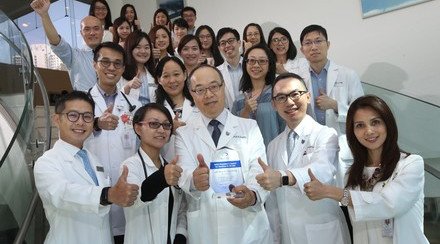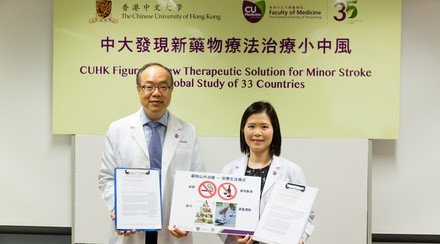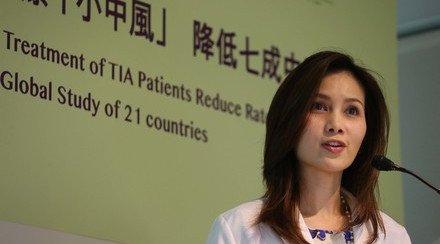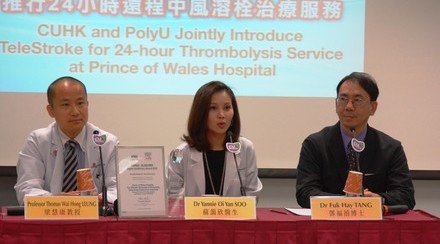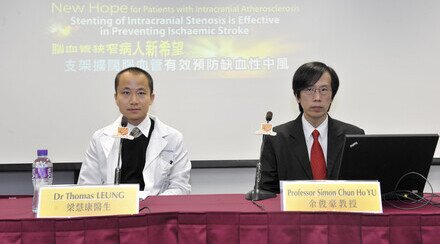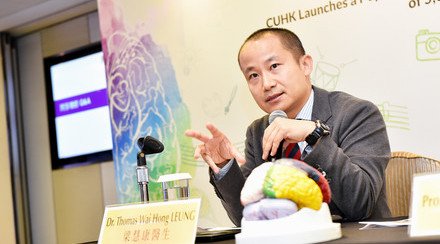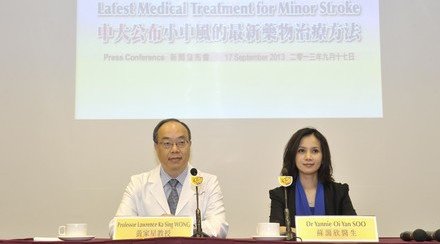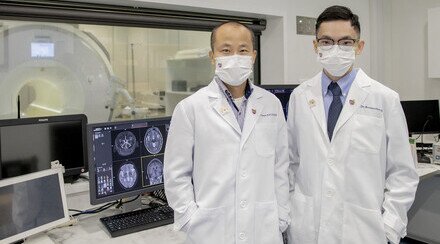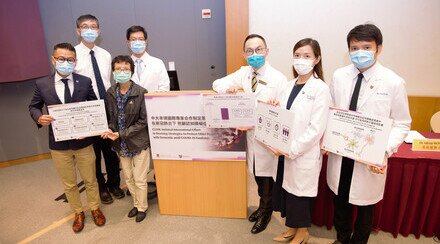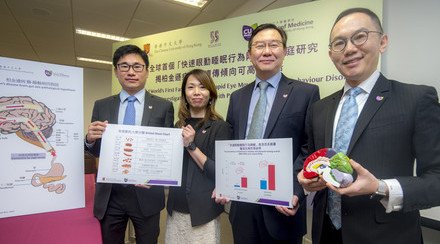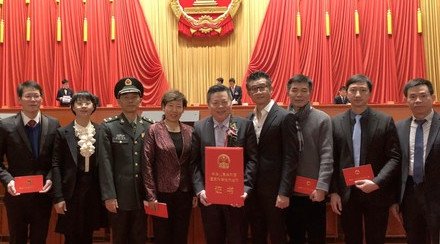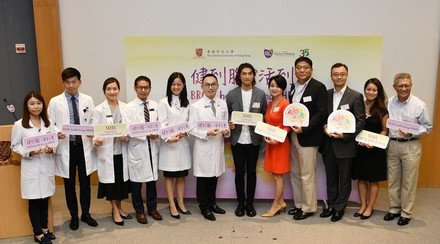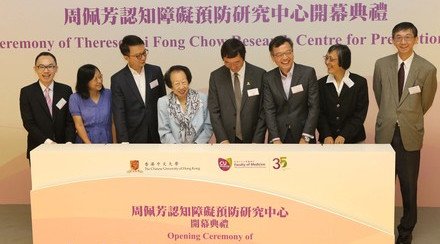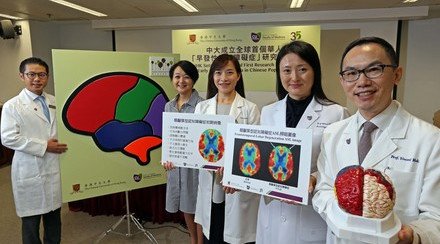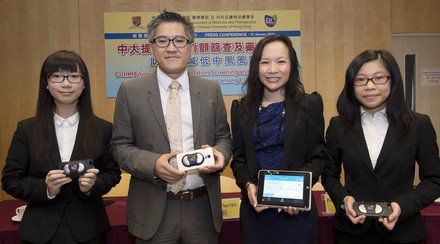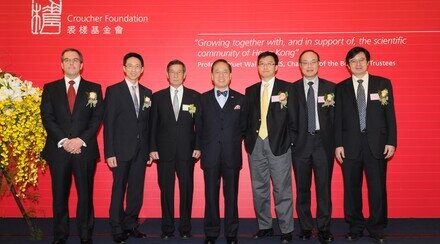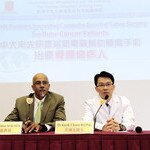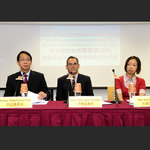CUHK Proves External Counterpulsation Helps Augment Cerebral Blood Flow among Ischemic Stroke Patients
In Hong Kong, there are about 25,000 new stroke cases with over 3,000 deaths per year. Eighty percent of stroke is caused by blockages in blood vessels which diminish cerebral blood flow and leads to death of brain cells. The S.H. Ho Cardiovascular Disease and Stroke Centre at The Chinese University of Hong Kong (CUHK) pioneers in using three types of non-invasive equipment simultaneously, including transcranial blood flow monitor, continuous heart function monitor and external counterpulsation machine, to prove that external counterpulsation (ECP) is able to elevate blood pressure, enhance cardiac output and augment cerebral blood flow, thereby speeding up the recovery of stroke patients.
After a stroke incident, auto-regulation of one's cerebral blood flow will fail. ECP is a non-invasive treatment with six air cuffs wrapped around the patient's hip, thighs and calves. The cuffs are timed to inflate and deflate based on the individual's electrocardiogram. While the heart is relaxing, the cuffs inflate to compress the blood vessels in the lower limbs and aorta so as to increase blood flow to the heart. When the heart pumps again, the cuffs deflate and pressure is released instantaneously which enables blood flow into the coronary arteries and vital organs like brain and kidneys, as well as improving the heart function.
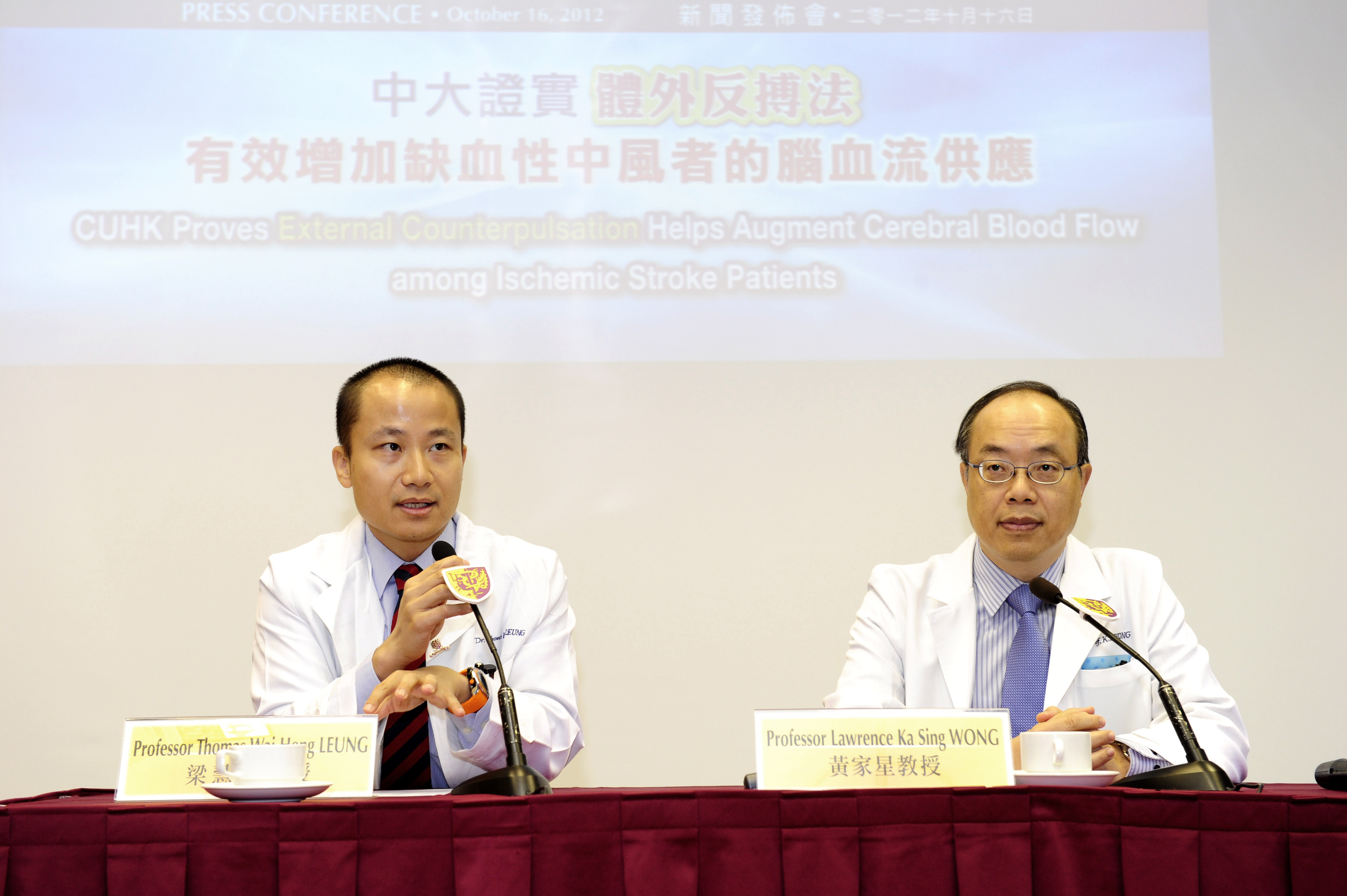
(From Left): Professor Thomas Wai Hong LEUNG, Associate Professor, Division of Neurology, Department of Medicine and Therapeutics; and Professor Lawrence Ka Sing WONG, Mok Hing Yiu Professor of Medicine, Head of Division, Division of Neurology, Department of Medicine and Therapeutics, CUHK, jointly present their recent research on how external counterpulsation helps improving cerebral blood flow among ischemic stroke patients.
A research team led by Professor Lawrence Ka Sing WONG, Mok Hing Yiu Professor of Medicine, Head of Division, Division of Neurology, Department of Medicine and Therapeutics at CUHK, conducted a study from September 2009 to December 2010 to measure the effect of ECP on cerebral flow. Thirty-two stroke patients (mean age is 68 years old) with moderate disability were recruited in this study and the mean interval of stroke onset to examination was 6 days. The patients were given nine minutes of cerebral blood flow check and underwent 35 one-hour daily ECP treatment sessions. The study revealed that ECP has raised the blood pressure by 13%; heart function has been increased by 74%; peripheral resistance has been reduced by 39%; and blood flow to the affected side of the brain has been enhanced by 9%. On the unaffected side of the brain, the blood flow was also enhanced by 9%. In the control group of 20 healthy subjects, the effects on blood pressure was raised by 9% and heart function was increased by 67%. The peripheral resistance among these elderly people was reduced by 30% with no enhancement of blood flow to the brain.
CUHK's study confirmed that external counterpulsation improves blood flow to brain and collateral circulation, thereby speeding up recovery of stroke patients. The results of this study have been published in the September issue of the American journal STROKE.



